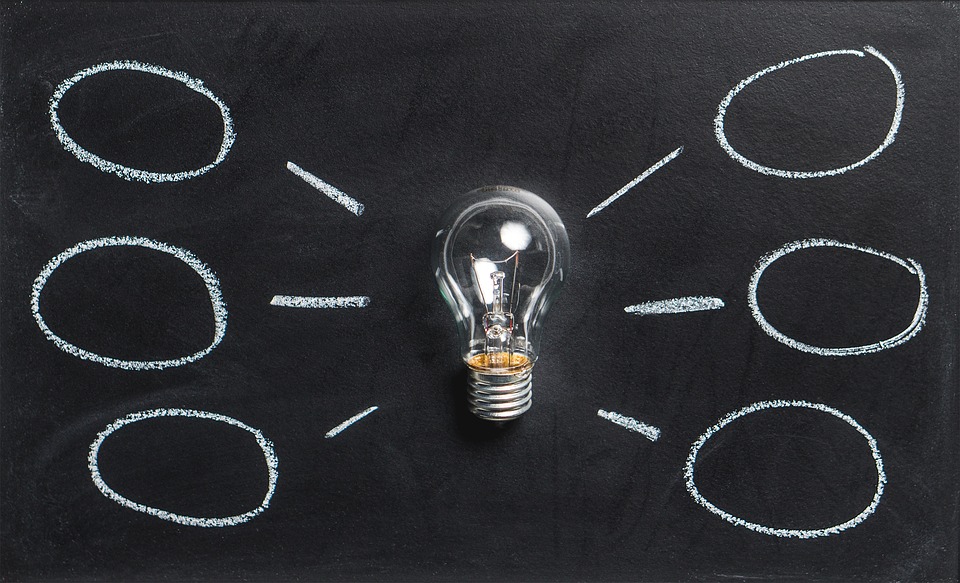Emotional health in Chinese medicine
plays a vital role in maintaining balance between the mind, spirit, and body. Emotions are natural mental stimuli that influence our lives—but when they become excessive or prolonged, they can disrupt internal harmony and lead to disease. While everyone experiences anger, sadness, worry, or fear, Chinese medicine teaches that emotional health depends on how we process and regulate these feelings.
When Emotions Become Pathological
In Chinese medicine, emotions only cause disease when they are excessive or long-lasting. A brief moment of anger or sadness is normal and harmless. However, chronic emotional strain—such as years of resentment or persistent anxiety—can disturb the mind and damage internal organs.
Emotional health in Chinese medicine is deeply connected to organ function. Each organ holds a specific type of mental energy. When external triggers overwhelm this energy, it transforms into negative emotion. For example, anger affects the Liver because its Qi naturally rises and expands—just like the explosive nature of rage.
The Seven Emotions and Their Organ Connections
Chinese medicine identifies seven key emotions that influence organ health:
- Anger affects the Liver
- Joy affects the Heart
- Worry affects the Lungs and Spleen
- Pensiveness affects the Spleen
- Sadness affects the Lungs and Heart
- Fear affects the Kidneys
- Shock affects the Kidneys and Heart
Anger and the Liver
Anger includes frustration, resentment, and bitterness. When prolonged, it causes Liver Qi stagnation or Liver Fire. Symptoms include headaches, dizziness, red face, and bitter taste. The healthy counterpart of anger is creativity, kindness, and forgiveness.
Joy and the Heart
Excessive joy—like overstimulation or craving—can enlarge and overstimulate the Heart. This leads to insomnia, restlessness, palpitations, and a red tongue tip. Balanced joy manifests as contentment and emotional warmth.
Worry and the Lungs/Spleen
Worry knots Qi and affects both the Lungs and Spleen. Lung-related symptoms include chest tightness and dry cough. Spleen-related symptoms include poor appetite and fatigue. Healthy worry transforms into focus and mental clarity.
Pensiveness and the Spleen
Pensiveness involves overthinking and rumination. It disrupts Spleen Qi and mirrors the effects of worry. Its positive counterpart is mindful reflection and meditation.
Sadness and the Lungs/Heart
Sadness and grief deplete Qi, leading to fatigue and chest stagnation. Over time, this can impair circulation. Balanced sadness becomes hope and inspiration.
Fear and the Kidneys
Fear causes Kidney Qi to descend, leading to symptoms like incontinence or diarrhea. Chronic fear may also stem from Liver-Blood or Gallbladder deficiency. Healthy fear becomes resilience and quiet strength.
Shock and the Heart/Kidneys
Shock scatters Qi and weakens both the Heart and Kidneys. It may cause palpitations, insomnia, dizziness, and night sweats. The antidote is grounding and emotional recovery.
Balancing Emotional Health in Chinese Medicine
Emotional health in Chinese medicine is not about suppressing emotions—it’s about recognizing them and redirecting their energy toward healing. Each emotion has a healthy counterpart. By cultivating awareness and practicing emotional regulation, we protect both our spirit and our organs.
Richard, Zhang, R TCM.P
Book an appointment with a Traditional Chinese Medicine Practitioner.

